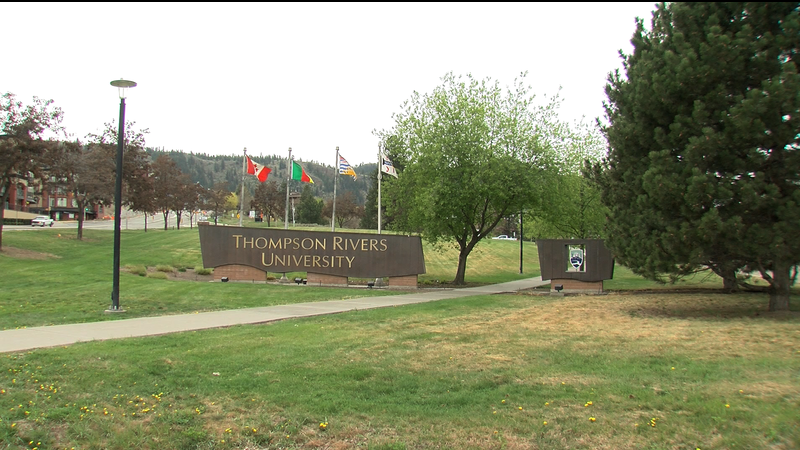
TRU and local First Nations partner for agriculture education program
KAMLOOPS — Indigenous students will be able to receive funding while learning how to run a business using traditional and Western land practices, and food sovereignty.
The Skeetchestn Indian Band, along with Tk’emlúps te Secwépemc (TteS) and Thompson Rivers University (TRU), partnered to create the Applied Sustainable Ranching (ASUR) Certificate. Anyone can apply, but funding is only for Indigenous students, with priority given to Skeetchestn and TteS community members.
The partnership is called Elkstwewc ne tmicw — Working Together on the Land — has been funded $300,000 from the B.C. First Nations Post-Secondary Partnership Program. Students learn skills around regenerative agriculture, and traditional and cultural land use practices. This includes grazing management, riparian management, invasive species, managing soils, biodiversity, and financial and business management.
Rosanne Casimir, TteS Kukpi7/Chief, said building capacity around food sovereignty and land-based learning will help the Secwépemc Nation to be more resilient. Especially the challenges of the COVID-19 pandemic.


